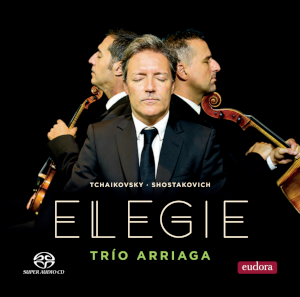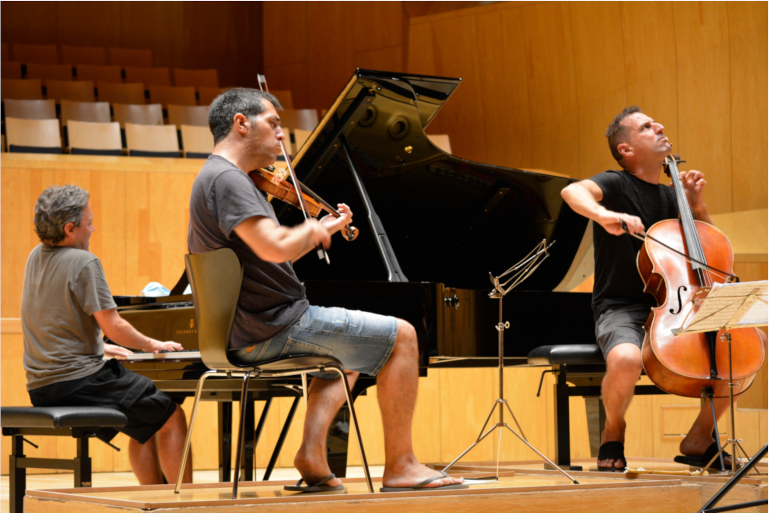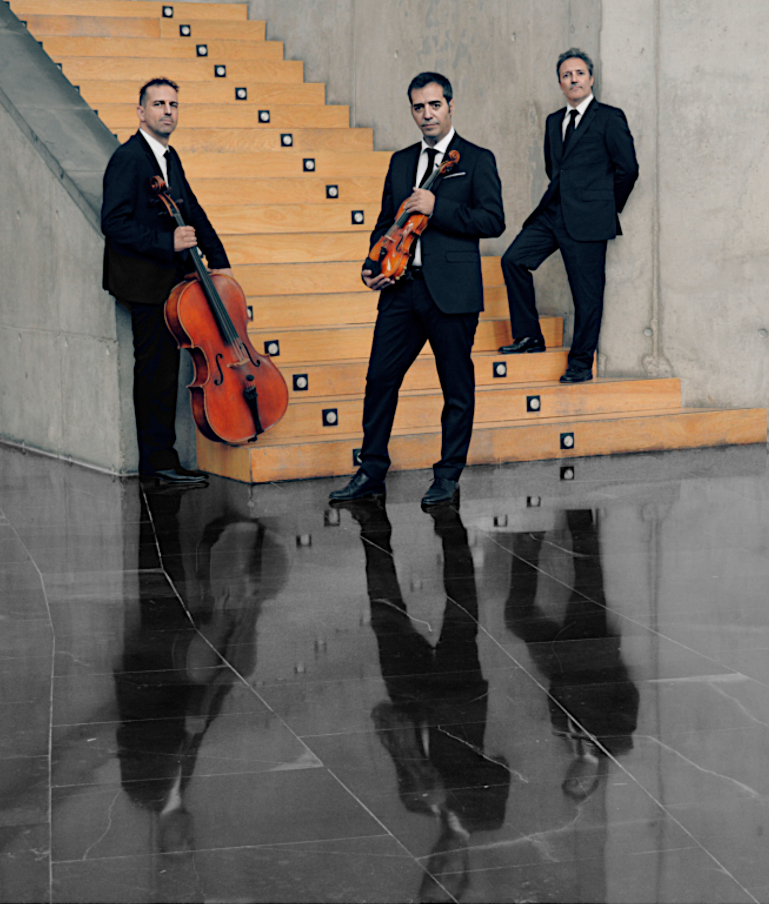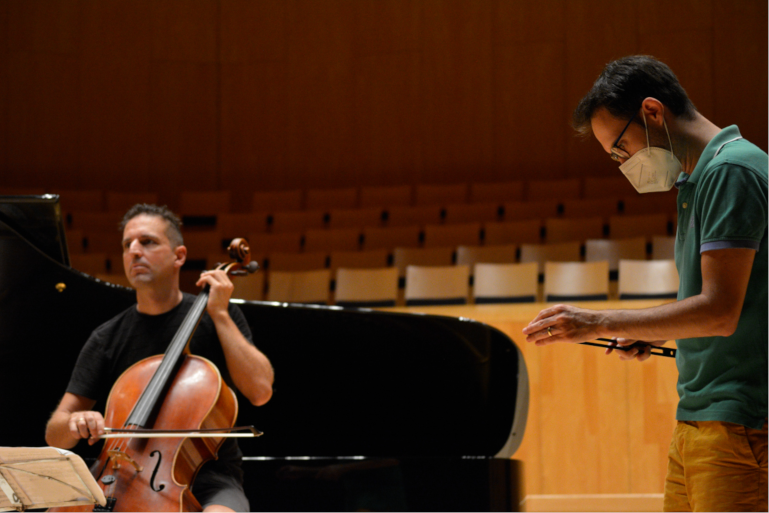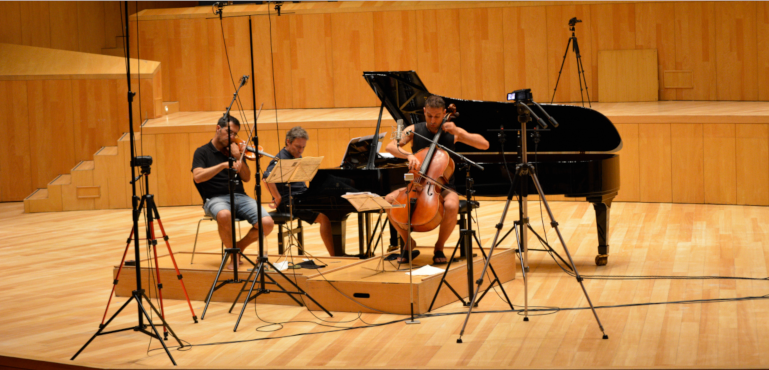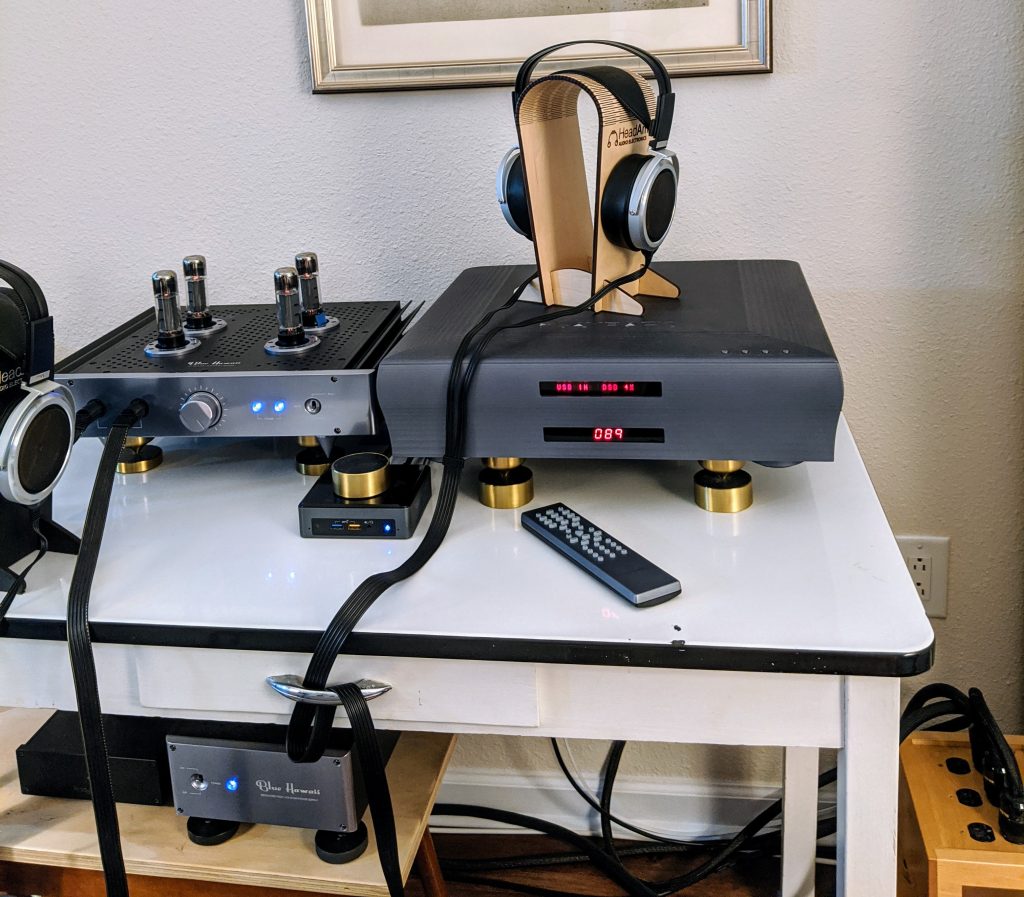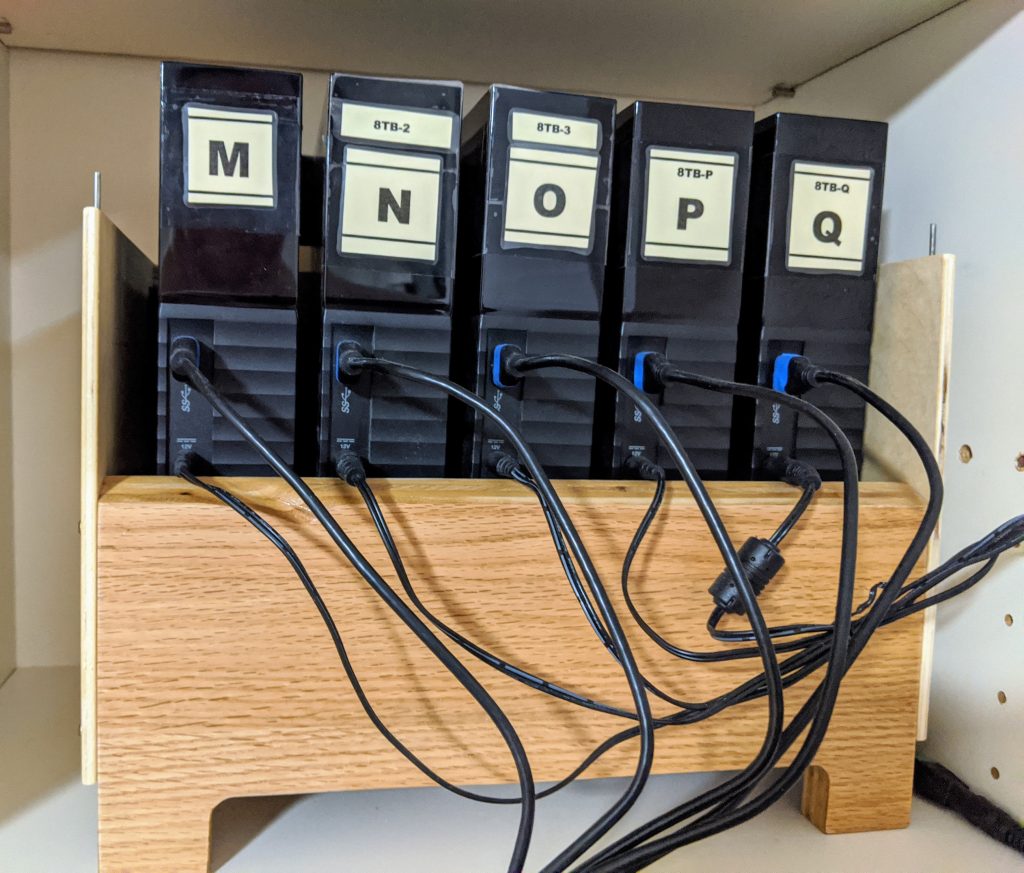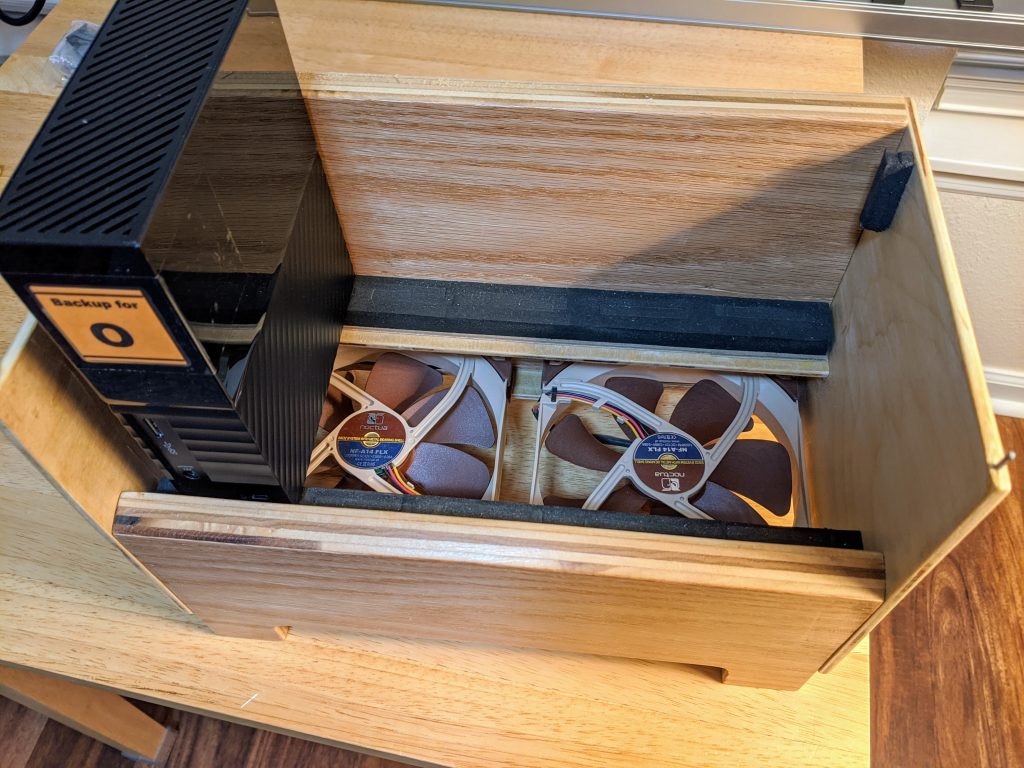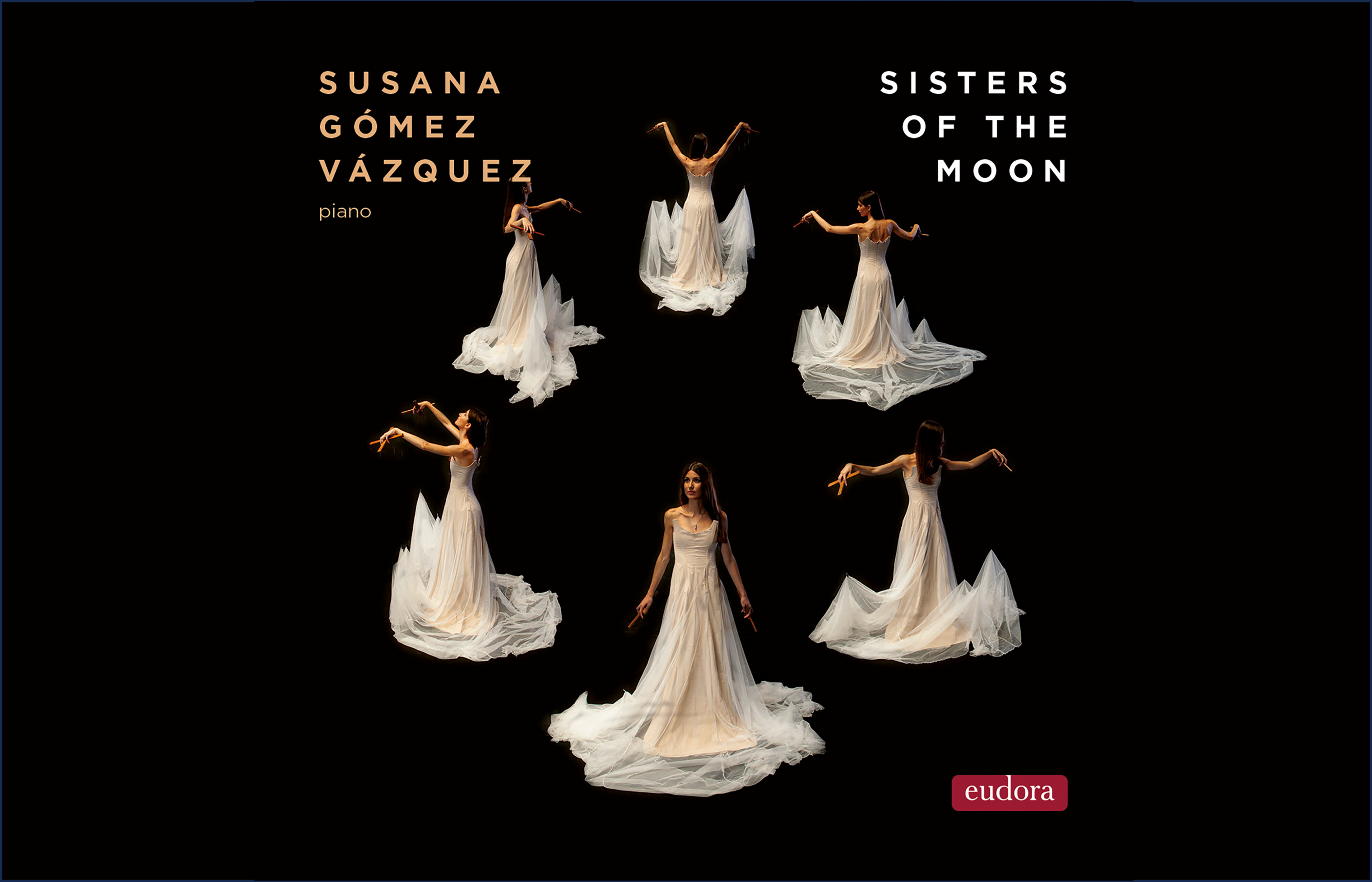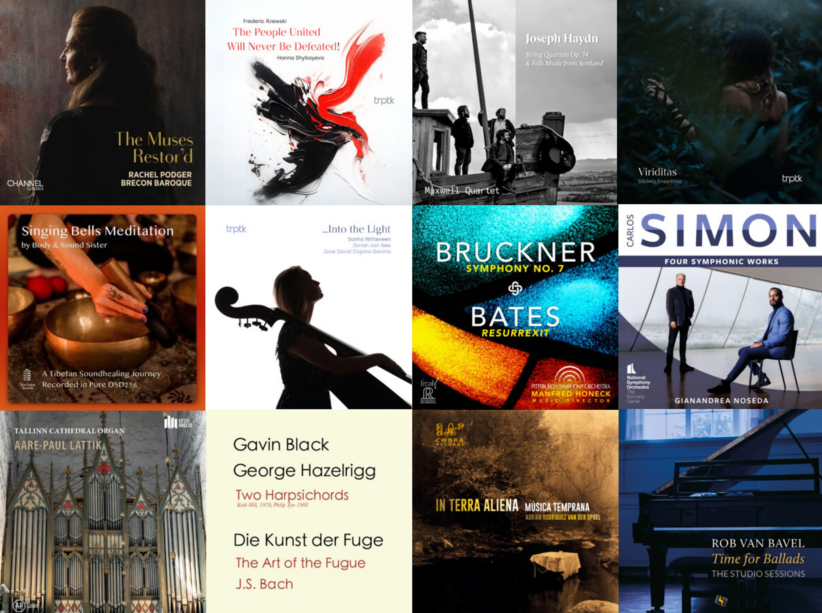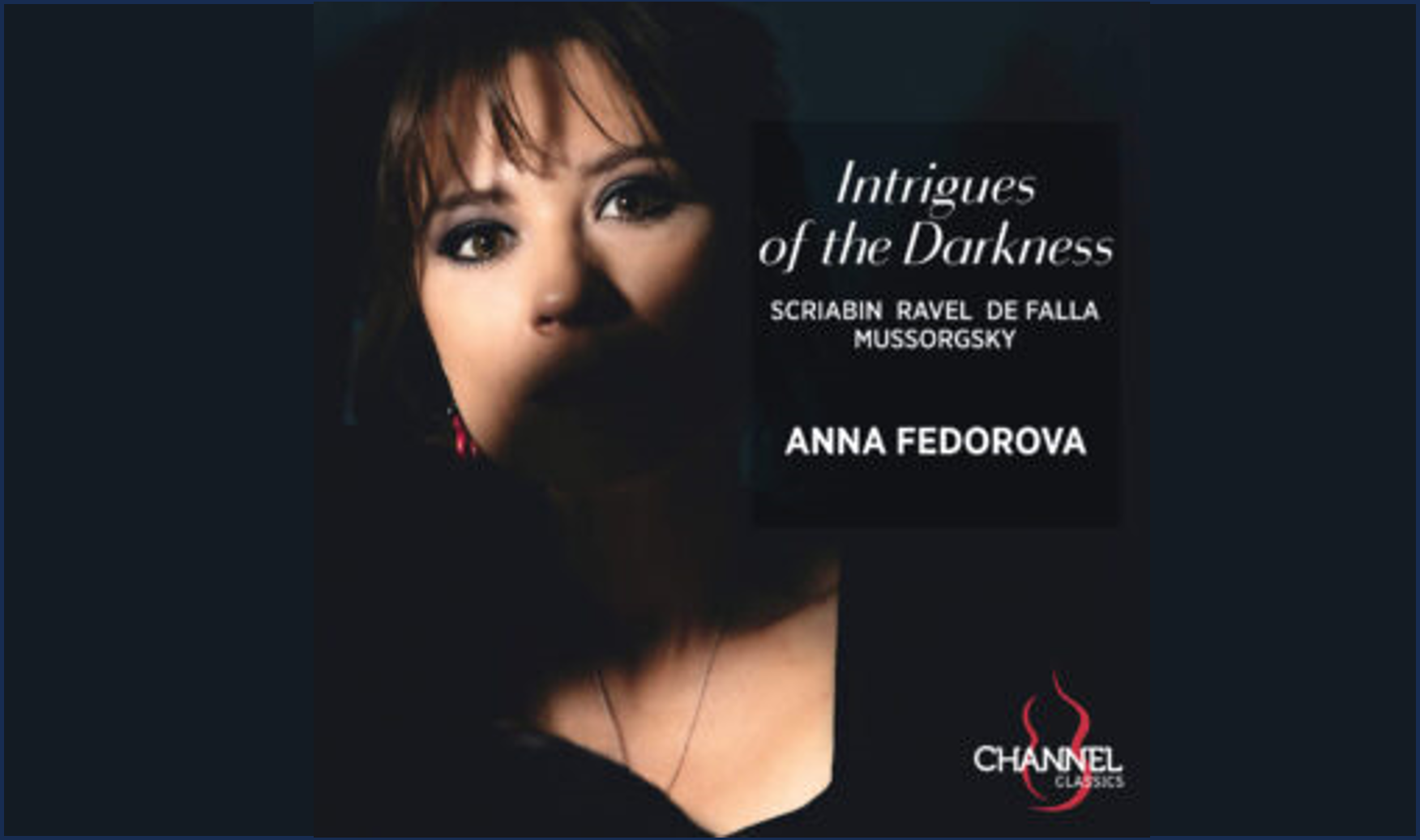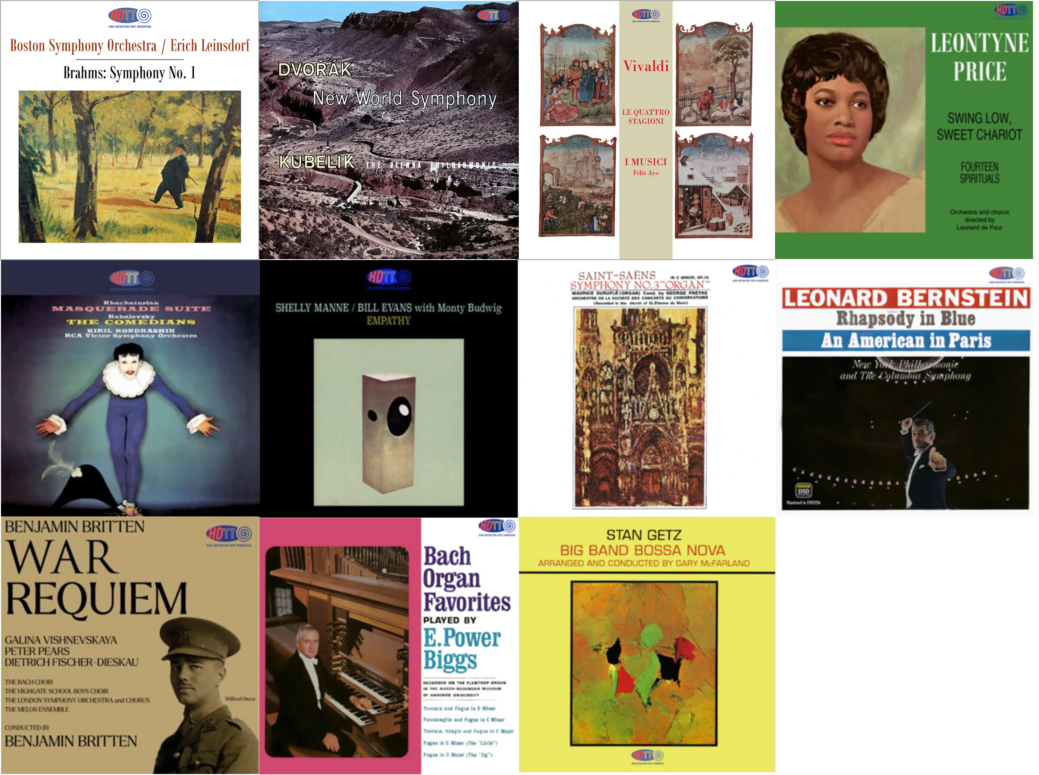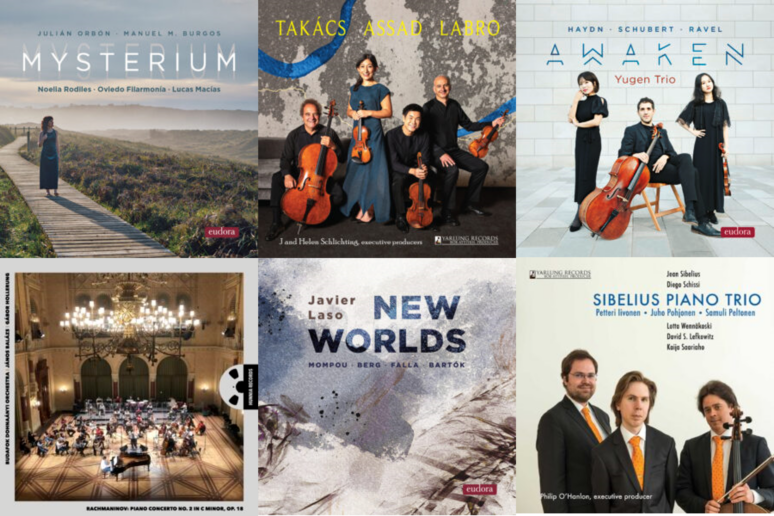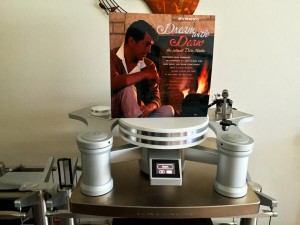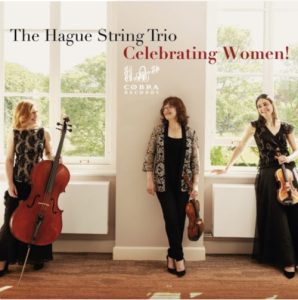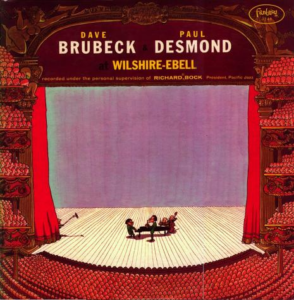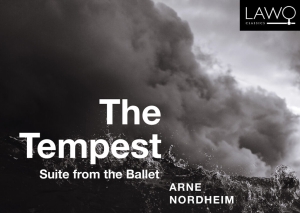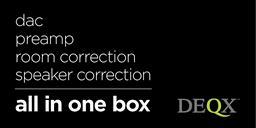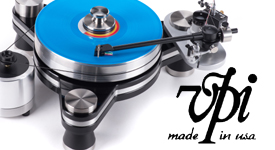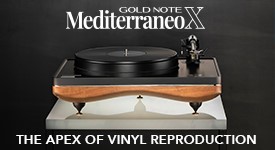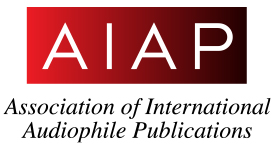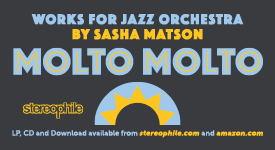These searching, deeply penetrating, and searingly wrought performances by Trío Arriaga of two elegiac masterpieces left me emotionally drained...and uplifted. After first listening to Shostakovich's Piano Trio No. 2 in E Minor, I had to stop and collect my energy. The Arriaga's performance had simply wrung me out. In the best way—give me more, I say!
Elegie – Works by Tchaikovsky and Shostakovich for Piano Trio, Trío Arriaga. Eudora Records 2022 (Pure DSD256) HERE
Spain's most renowned piano trio, Trío Arriaga, make a simply stunning first appearance on Eudora Records with two masterpieces: Tchaikovsky's ambitious two-movement Piano Trio in A minor, op. 50; and Shostakovich's challenging Piano Trio No. 2 in E minor, op. 67. Both composed under the inspiration of the death of a loved one, these works represent highpoints of the chamber music repertoire.
Tchaikovsky wrote his Piano Trio in A minor in 1882 in memory of his friend and mentor Nikolai Rubinstein, who had died the previous year. Shostakovich's Piano Trio No. 2 in E minor was written in 1944, under the weight of the years of war he had experienced and the effects of the death of his beloved friend Ivan Sollertinsky, to whom he dedicated the trio.
Despite having a common source of inspiration, both works express the despondency provoked by death from different perspectives. Tchaikovsky's perspective is imbued with an overwhelming romantic sentimentalism. Shostakovich transports us to a world of extreme contrasts through which he expresses the suffering and horror of a humanity able to carry out the greatest of atrocities.
The album commences with Tchaikovsky's long elegant lines, filled with emotional longing and remorse. Trío Arriaga plumb these depths with a brilliant elegance and blending of tone, power and dynamic contrasts. In the first movement, the weight, texture, power, and timbral complexity of Daniel Ligorio's piano is captured superbly in all the dynamic glory of which this superb Steinway is capable. Throughout, Juan Luis Gallego on violin and David Apellániz on cello maintain a fully sympathetic, lustrous dialog. Together, these three highly skilled and empathetic players deliver to us an emotionally charged, singing, dynamic performance fully worthy of this great musical masterpiece. In their hands, Tchaikovsky's music simply soars.
The second movement of the Tchaikovsky trio is a series of thirteen theme and variations, deliciously complex, intricately woven. Trío Arriaga navigate the dangers of these variations with lithe unerring accuracy, while continually extracting deeper and deeper insights into the music. The variations begin with a simple theme played on the piano. Then violin adds it's voice, followed by cello, and with the piano moving all the while. As fitting with a set of variations, each following section is more intricate, more complex, more challenging. And the Arriaga maintain clarity, poise, and, perhaps most importantly, interest throughout. These are not performances that simply lumber along. No, they maintain a delicate, undulating, dancing flow that brings to the fore the inventiveness with which Tchaikovsky imbued this work. As they work through the variations, their delivery rises in power and dynamic range as the variations progress to a powerful emotion-laden culmination in the finale and coda.
So, if Trio Arriaga does such a nice job with the lyrical elegance and tonal beauty of Tchaikovsky, how do they manage on the angular, tonally jarring, and chromatic Shostakovich?
Just great! They switch gears and centuries seamlessly. They swim with Shostakovich as if made for his music. That the Arriaga can move so easily and so compellingly across the music of these two great, but hugely dissimilar composers, is a credit to their skill and musicianship.
As I mentioned in the lead-in to this article, I first listened to the Shostakovich work. I wanted to learn quickly what this trio can do when challenged. And I was bowled over by their performance of this work. I listened straight through—not analyzing, simply listening and totally absorbed. And emotionally drained at the end. I managed to jot a quick email to Gonzalo Noqué to affirm my initial listening experience, saying to him:
"Oh, my! Just wring me out and lay me out to dry. What a great performance of the Shostakovich Pf Trio! I just finished it, and it is terrific. I'll have to give it some time to percolate through my brain and listen to it again. But wow! The Trio Arriaga did a wonderful job with this very, very challenging music."
So, do I like this performance? Indeed, indeed, indeed.
Of the other modern performances I've heard that come close to a similar level of intensity, I would point to the 2019 performance by the Smetana Trio. Until Trío Arriaga's recording, the Smetana had been the modern recording I'd found most compelling in its daredevil no-holds-barred approach to this music. Well, the Arriaga easily match, if not exceed, this intensity and in far better sound quality. It has become my point of reference.
The individual members of Trío Arriaga each have highly regarded solo performing careers working with many of the finest orchestras in Spain and throughout Europe. Collectively, they have recorded more than 25 albums in their various solo recording projects for other labels including Naxos and Sony.
Their selection of Gonzalo Noqué and Eudora Records has served them well in this recording. It is perhaps the best recording I've yet heard from Gonzalo. He has done a very impressive job of capturing these three instrumentalists in a very natural acoustic environment with each performer very realistically positioned in the sound space relative to each of the others. The sound is exquisite: powerful, delicate, highly detailed, harmonically complex, and with air and extension one dreams to hear in a recording.
Recorded in Pure DSD, with no DXD post-processing, the engineering is a tribute to Eudora's commitment to delivering the most accurate and transparent recordings achievable with today's technology. This recording is one that stands in a very high rank in my music library.
This album earns my highest recommendation for both performance and recorded sound. It is simply excellent.
Gonzalo Noqué, chief recording engineer and founder of Eudora Records, on the right.
From the recording sessions.
Photos courtesy of Eudora Records.




